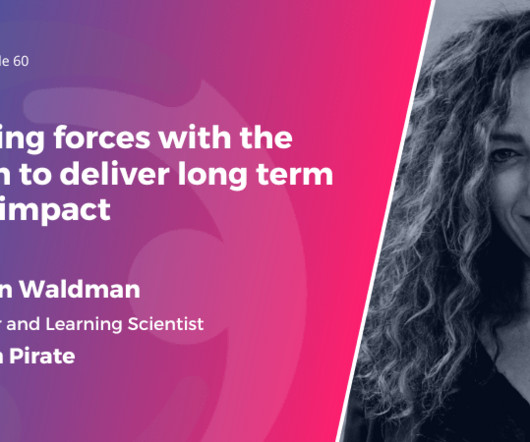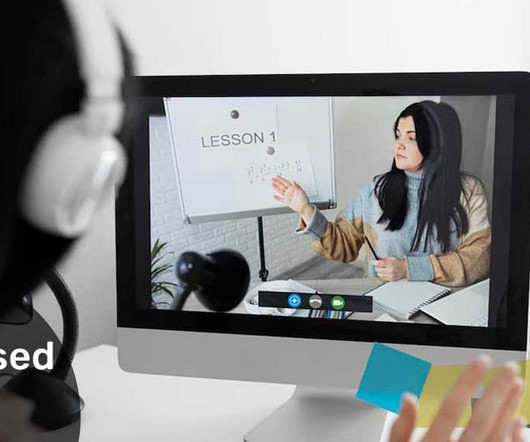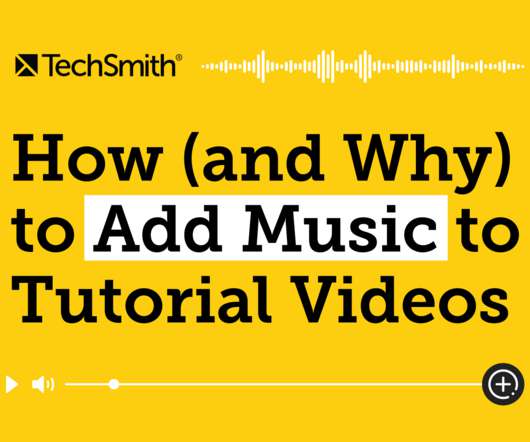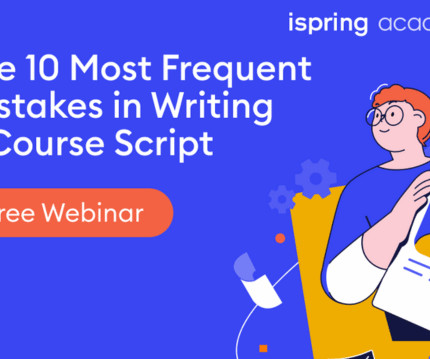Managing Cognitive Load in Content Design
Magic EdTech
DECEMBER 22, 2021
Sounds very familiar, right? Cognitive load theory in Instructional Design comes to the rescue. Let us understand how the human brain processes information. Information enters our brain via our senses. Cognitive load relates to the amount of information the working memory can hold.




















































Let's personalize your content